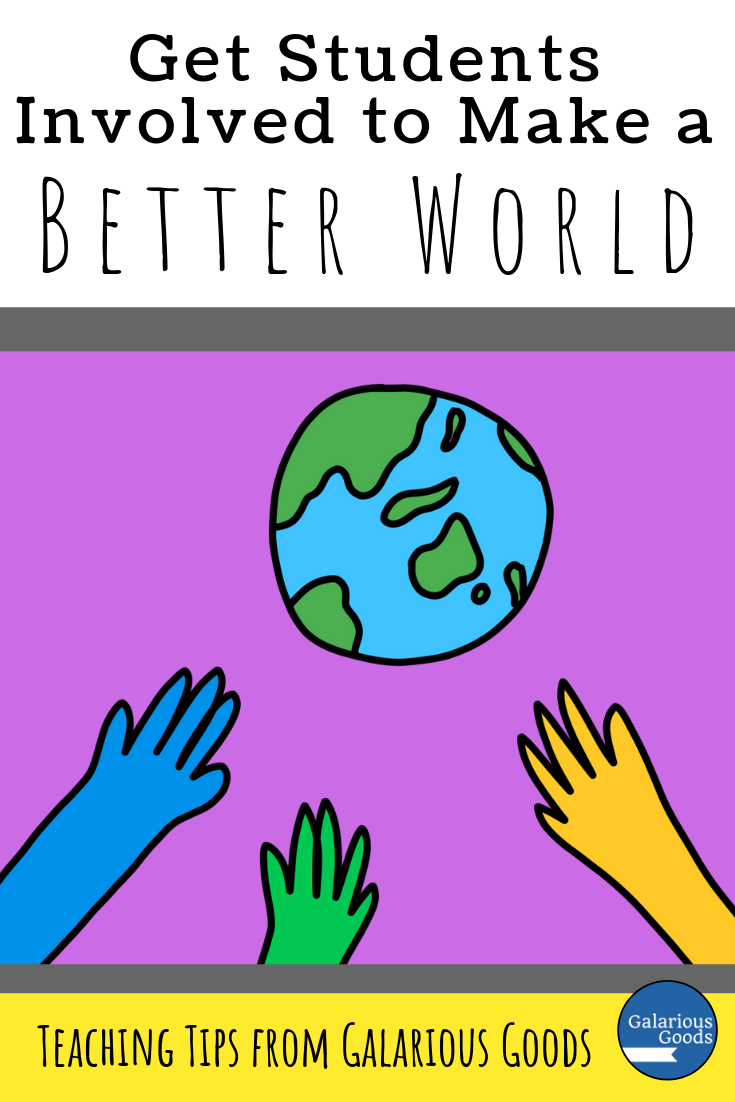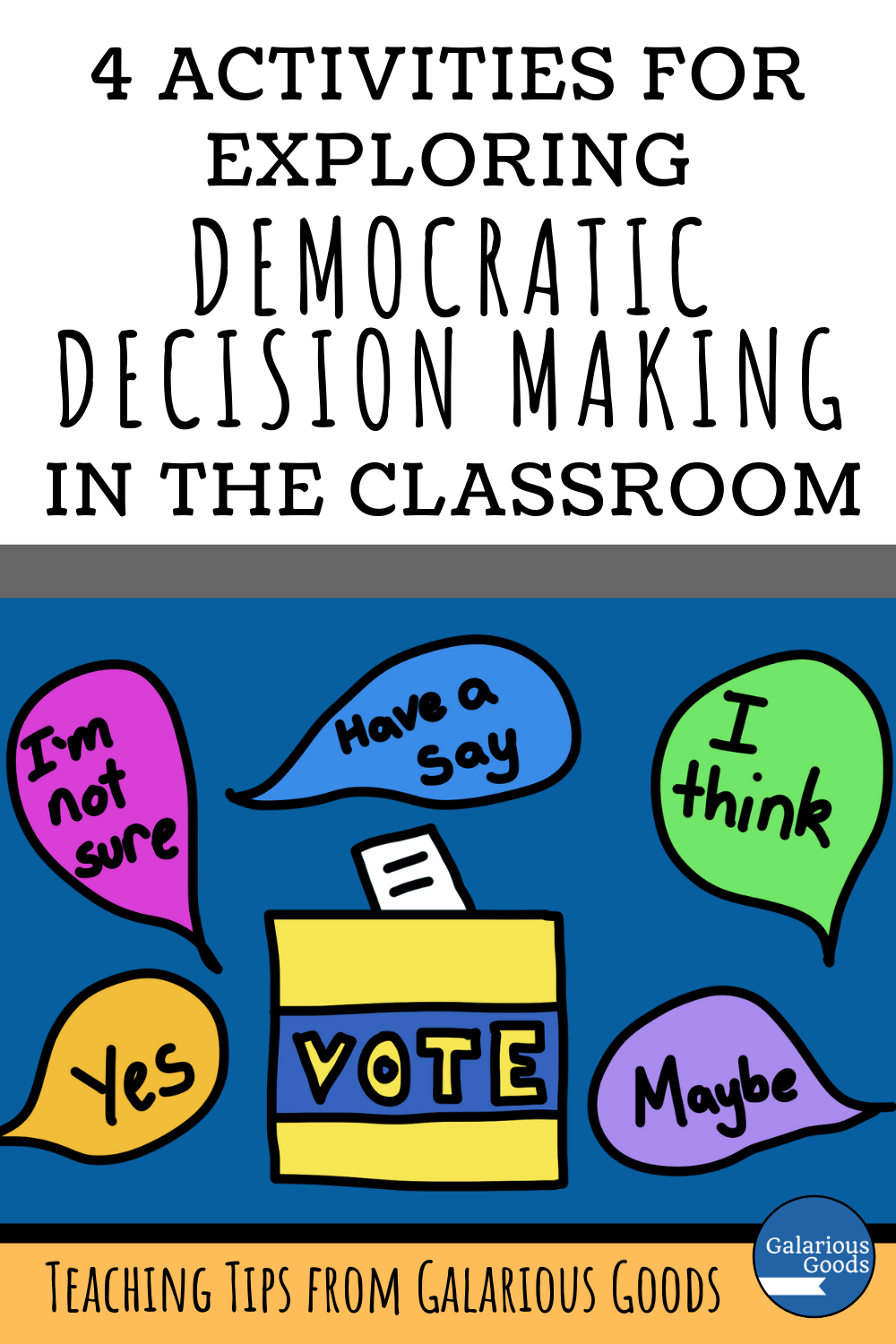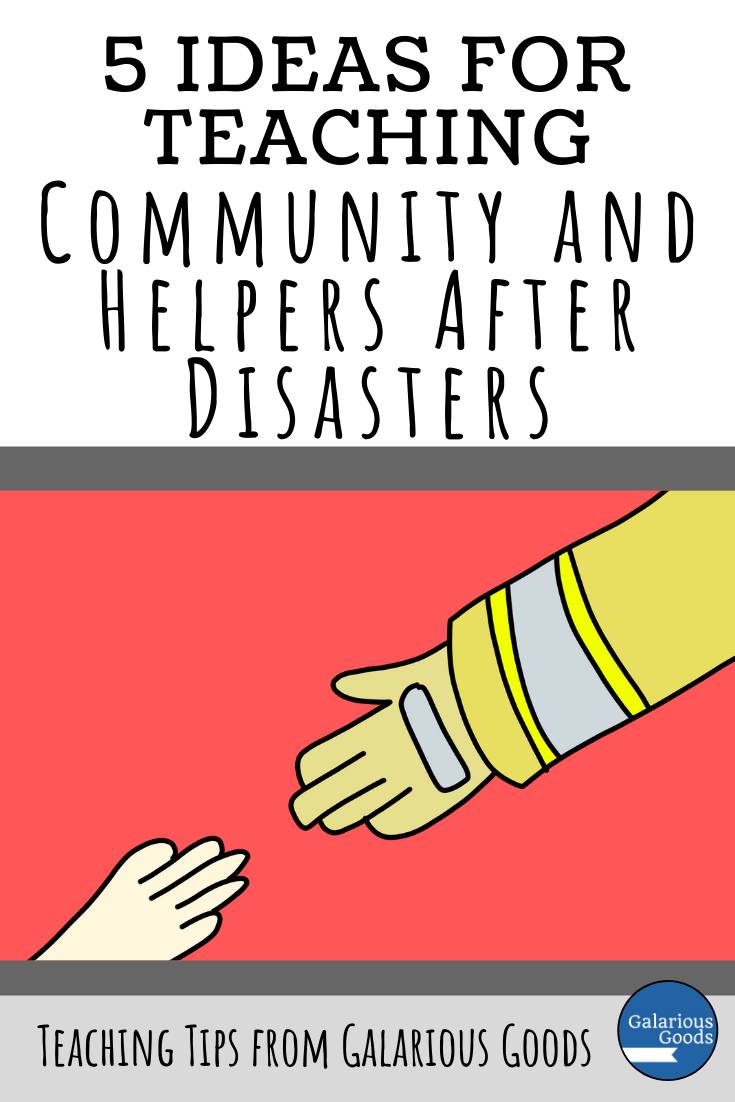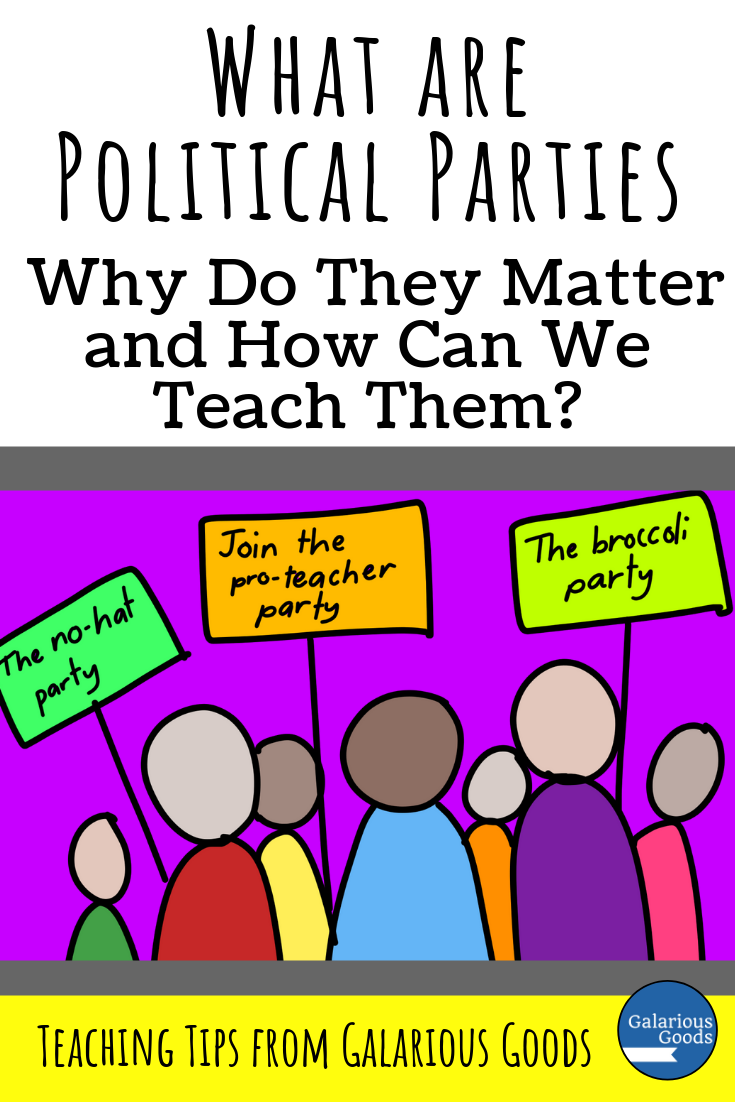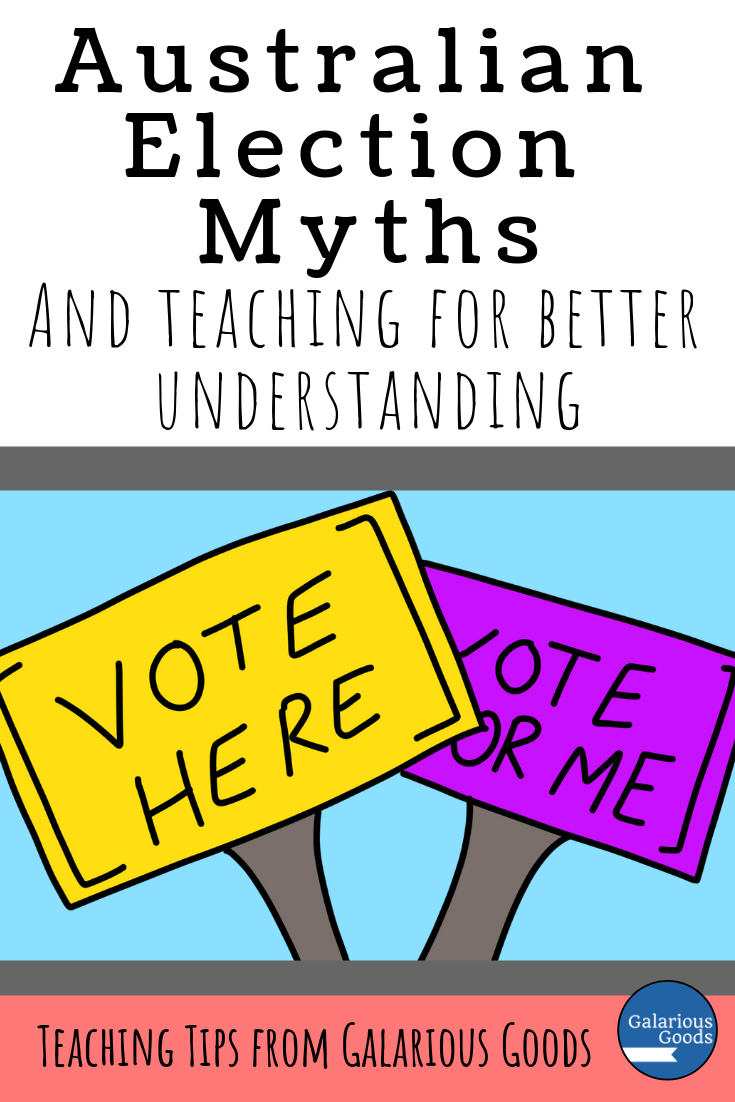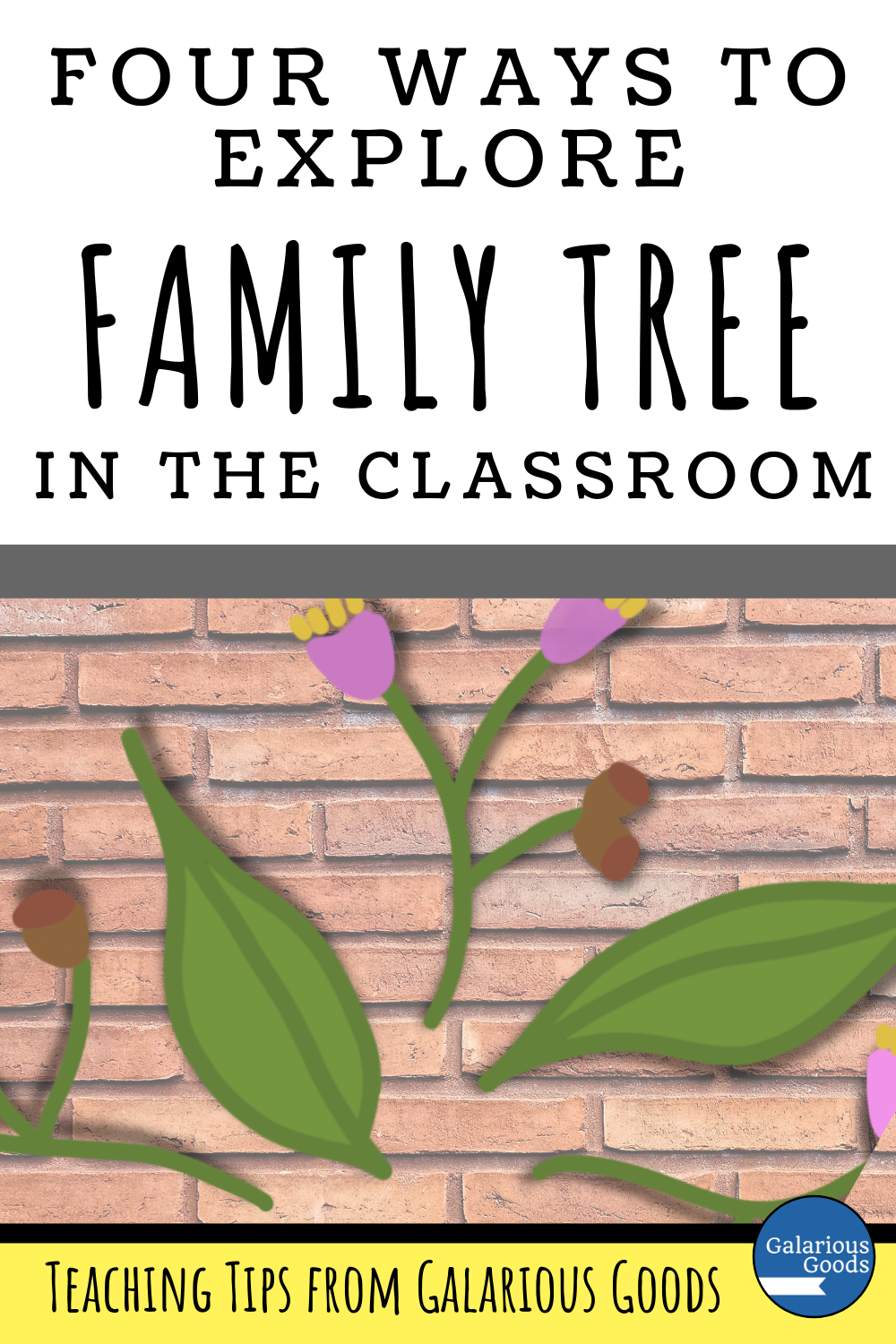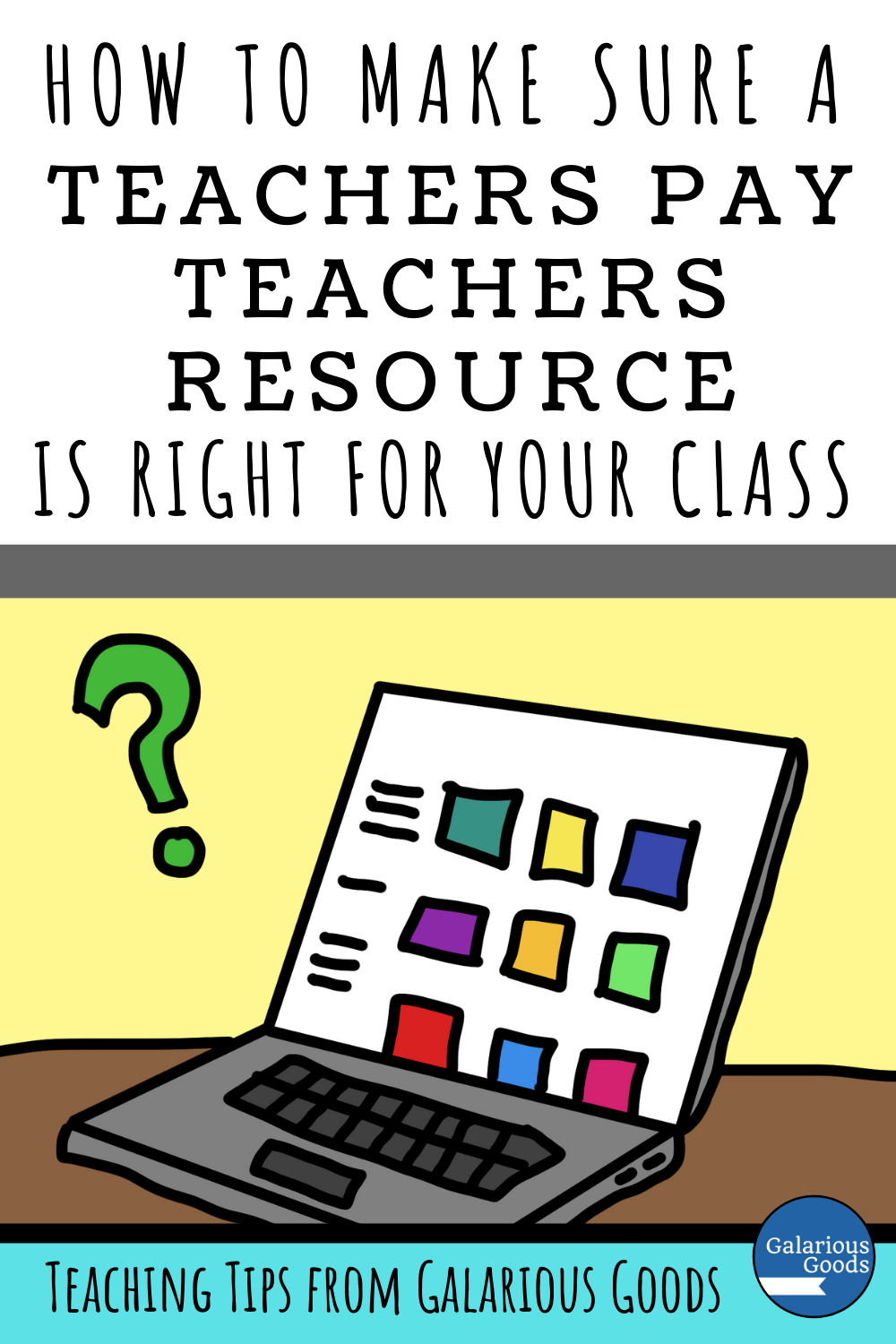Get Students Involved to Make a Better World
/There's been a notable increase with all sorts of activism in the past year, with a lot of people getting more involved in issues which matter to them. For many, it's one way of creating a better world - a world we'll be proud to pass on to those who come after us. But how can we get our students involved in making a better world? What can children do?
1. Learn about Local Issues
A great way for students to become more involved is to learn about what is happening in their local community. Are there local groups working to make improvements? Are there decisions being made by local government which will improve the community? Or are decisions being made which should be challenged?
Students might begin this look at local issues by looking at their school. What do students love about their school? What improvements would they like to see? What are some of the ways students can create a happier, more productive learning space? How can they work to create a community which is supportive of everyone learning and working within in?
2. Learn about Global Issues
Students may already have an interest in wider issues such as the environment, world peace, poverty, access to education and equality. These can seem like massive, overwhelming issues, but they can also be broken down into more manageable ideas which have real actions.
One of the best ways to learn more about global issues is to look at the organisations which are already engaged in working on those issues. Often those organisations have research publications or links to more information on their websites. They might also have ways for students to get involved or inspiration for students to plan their own involvement.
3. Changing Personal Behaviour
Sometimes the easiest way for students to get involved in issues is to change their own behaviour. Students can brainstorm a range of different ways they can make small changes to improve the world, then pledge to make those changes in their life. They might even like to organise record keeping sheets, develop products or posters to help them make those changes or expand the challenge to other members of their school community or local community.
4. Communicating
When students have identified and learned more about local or global issues which matter to them, they can engage by sharing that information with others. They might wish to write to their government representatives, write letters to their local newspapers or create websites or printed materials to share what they know.
This way of getting involved with issues is great for integrating with writing and reading lessons. Students can examine ways that other people have shared information and experiment with different types of writing.
5. Organising Events
Events are a great way of bringing attention to a particular issue. Students could hold a special assembly or dress up day at school, run a booth at a local market or run lunch time or after school activities. The events could be about raising awareness - like making students aware of bullying and the language they use at school - or could be fundraising events.
It can be easy to feel a bit overwhelmed at the big challenges in the world, but there are so many ways for students to be more involved as citizens looking to make a better world.

